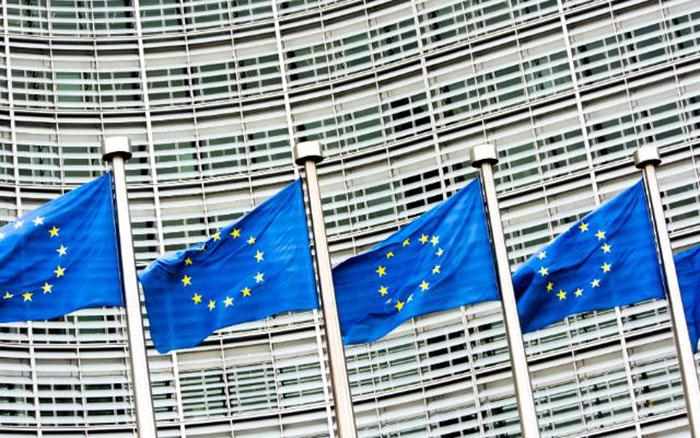On the basis of a presentation by President Juncker and Vice-President Katainen, the College of Commissioners discussed today the state of play of the US draft Bill on Russia sanctions (“Countering Russian Influence in Europe and Eurasia Act 2017”).
Commissioners expressed their concerns notably because of the draft Bill’s possible impact on EU energy independence. The Bill as endorsed by the US House of Representatives demonstrates that a number of these concerns are being taken into account.
It nevertheless foresees the imposition of sanctions on any company (including European) which contributes to the development, maintenance, modernisation or repair of energy export pipelines by the Russian Federation.
Depending on its implementation, this could affect infrastructure transporting energy resources to Europe, for instance the maintenance and upgrade of pipelines in Russia that feed the Ukraine gas transit system.
It could also have an impact on projects crucial to the EU’s diversification objectives such as the Baltic Liquefied Natural Gas project. While the College underlined the importance of the sanctions regime against Russia and its strict implementation, it expressed concerns about the possible negative political consequences of the draft Bill. As reiterated at the G7 in May, new sanctions should always be coordinated between allies.
President Jean-Claude Juncker said: “The EU is fully committed to the Russia sanctions regime. However, G7 unity on sanctions and close coordination among allies are at the heart of ensuring the full implementation of the Minsk Agreements. This is a core objective that the EU and the US share. The US Bill could have unintended unilateral effects that impact the EU’s energy security interests. This is why the Commission concluded today that if our concerns are not taken into account sufficiently, we stand ready to act appropriately within a matter of days. America first cannot mean that Europe’s interests come last”.
The EU is currently raising its concerns via all diplomatic channels with the US and its counterparts. The Commission will continue to closely monitor the on-going legislative process in the US and the subsequent implementation of the Bill and will act swiftly if and when needed.




